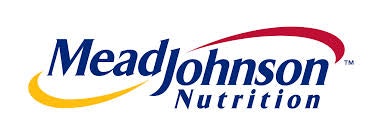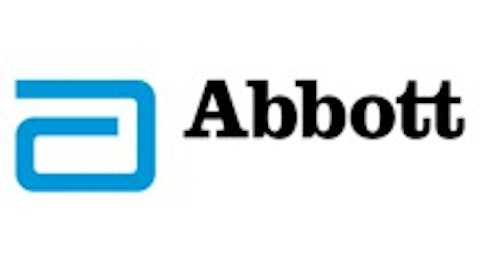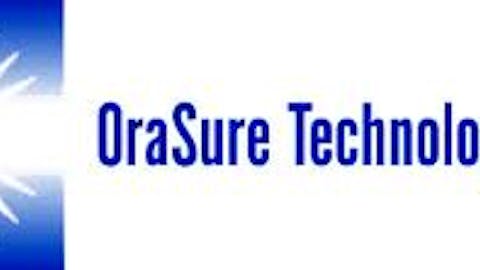The benefits to investing in emerging markets have become well known over the course of the last decade. The pros include better long-term growth and diversification from a portfolio standpoint. The cons are big losses during both cyclical and secular bear markets, along with much higher volatility over the cycle. Investors often face this difficult tug-of-war when evaluating whether to invest in emerging markets, and if so, how much. A better alternative might be to buy a U.S.-listed company with heavy reliance on emerging markets. Making things even more appealing would be if the company operated in a defensive industry, had visible long-term secular growth opportunities, and paid an increasing dividend.
One company that carries these three favorable attributes is Mead Johnson Nutrition CO (NYSE:MJN). The company is a science and nutritional company focused solely on the pediatric segment of the population. Their key brand Enfamil, which holds significant global market share, is the base for more than 70 global infant nutrition products. Annual sales will exceed $4 billion in 2013 to go along with a mid-20% EBITDA margin and EPS of at least $3.04.
An emerging market growth story

Other large-cap peers can’t match this amount of emerging market exposure. Abbott Laboratories (NYSE:ABT), owner of the Similac branded infant formula, is a global juggernaut with 40% of sales from emerging markets, but this is still a much lower ratio than Mead Johnson Nutrition CO (NYSE:MJN). Abbott’s Nutrition division alone is bigger than Mead Johnson, although it does include both pediatric and adult nutrition (Ensure) products. I remain a fan of Abbott shares as well, although shares haven’t budged since my April recommendation. Abbott’s pediatric sales increased 9% in the second quarter versus a year earlier, as weak U.S. growth was offset by 19% growth in their international operations.
Mead Johnson Nutrition CO (NYSE:MJN)’s growth hasn’t been as robust recently because China brings opportunity, but also hassles. The company faces much stiffer competition from Nestle SA Reg Shs. Ser. B Spons (ADR) (OTCMKTS:NSRGY) and Danone, along with a one-time fine from the Chinese authorities that will amount to $0.12 in fiscal 2013. Volume and pricing have slowed in China, but the company still reported high single-digit growth for their entire Asia and Latin America group. There is strong conviction in the sustainability of this growth given the benefits of pediatric nutrition and its under-penetration, especially in emerging markets.
Philip Morris International Inc. (NYSE:PM) is the only other consumer products company that poses similar emerging market exposure to Mead Johnson Nutrition CO (NYSE:MJN) (roughly 60%), but they still trail with heavy European exposure. The main differentiator between the two is the secular decline in cigarette shipments versus secular growth in infant nutrition. Some Asian markets such as Indonesia and the Philippines continue to show cigarette volume growth, but the global trend is clearly down. Philip Morris reported second quarter volumes declined 3.9%. This helped fuel a 4.4% drop in earnings per share. One thing that could boost volumes significantly would be gaining access to China, the largest tobacco market in the world. But as it stands now, this is the sole property of China National Tobacco, and sales growth hinges on pricing power. Mead Johnson, conversely, already has a big presence in China.
Better than investing in emerging markets?
The iShares MSCI Emerging Markets Indx (ETF) (NYSEARCA:EEM) has produced an average annual return of 14.4% since Mead Johnson Nutrition CO (NYSE:MJN)’s IPO in February of 2009. Pretty good results, but soured when one realizes that returns have been negative over the last two years. This is the main drawback to investing in emerging markets. Mead Johnson, on the other hand, has produced an average annual total return of 31%.




